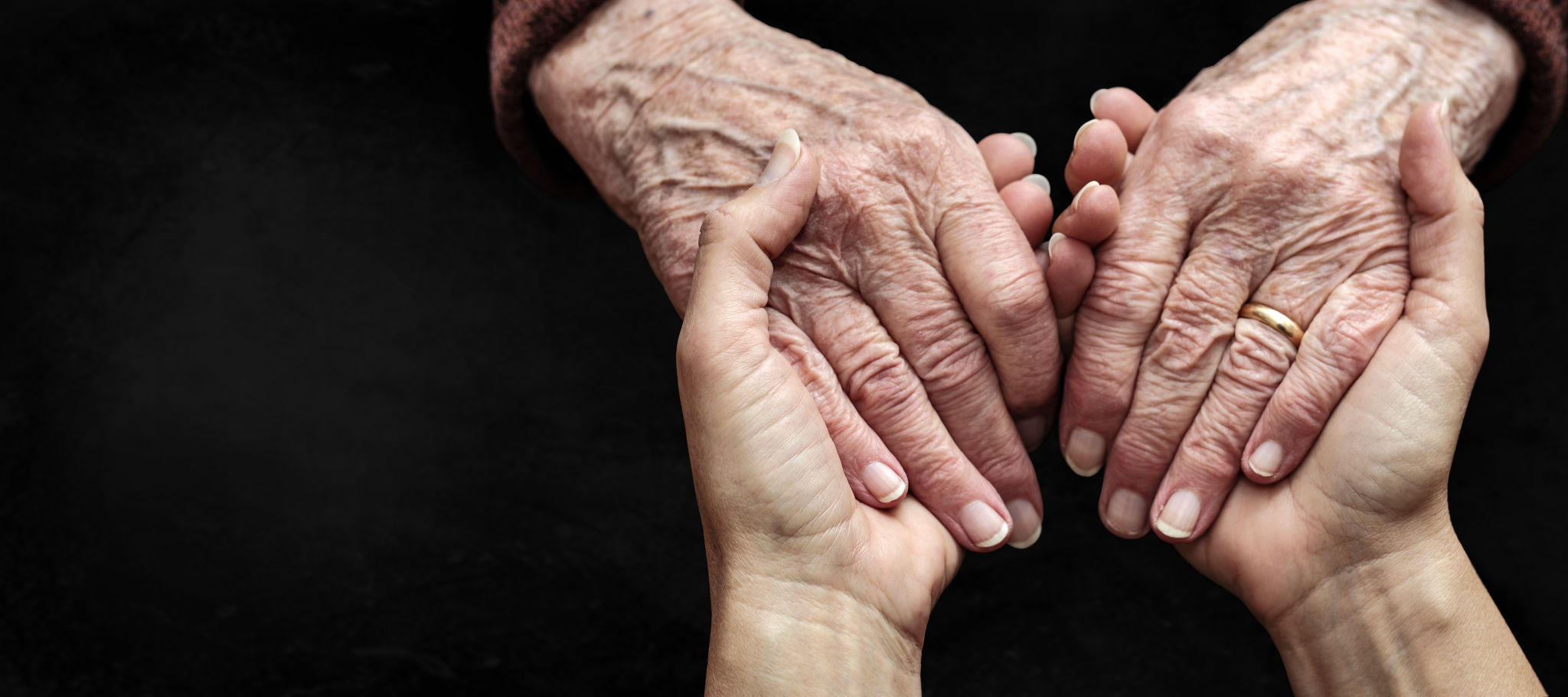How Compassionate Caregivers Make a Difference in Elderly Care
Understanding the Role of Compassionate Caregivers
Caring for the elderly is not just about meeting their physical needs, but also about providing emotional support and companionship. Compassionate caregivers play an essential role in ensuring that seniors not only live comfortably but also retain their dignity and sense of self-worth. Their empathy and kindness can significantly enhance the quality of life for those in their care.

The Importance of Emotional Support
For many elderly individuals, loneliness and isolation are significant concerns. Compassionate caregivers provide much-needed emotional support, offering a listening ear and a comforting presence. This connection can help reduce feelings of loneliness and improve mental health. Studies have shown that seniors who receive emotional support are less likely to suffer from depression and anxiety, highlighting the profound impact that caregivers can have.
Furthermore, caregivers who approach their duties with empathy create a nurturing environment where seniors feel valued and respected. This emotional bond can make a world of difference in the daily lives of elderly individuals, fostering trust and promoting a sense of security.
Enhancing Quality of Life Through Personalized Care
Compassionate caregivers understand the importance of personalized care. They take the time to learn about each individual's preferences, routines, and personal history, tailoring their services to meet unique needs. This personalized approach ensures that seniors receive not only the care they need but also the attention that aligns with their personal values and lifestyle.

By focusing on the individual, caregivers can create a more engaging and fulfilling experience. Activities that resonate with personal interests can reignite passions and stimulate mental activity, contributing to a more vibrant life.
Building Trust and Fostering Independence
A key aspect of compassionate caregiving is fostering independence while providing necessary support. Caregivers encourage elderly individuals to maintain as much independence as possible, empowering them to participate in activities they enjoy and make decisions about their daily lives. This approach not only builds trust but also enhances self-esteem and confidence.
Trust is fundamental in any caregiver-patient relationship. Compassionate caregivers establish trust through consistent actions, reliability, and respect for the senior's autonomy. This trust allows for open communication and facilitates a more effective caregiving process.

The Ripple Effect of Compassionate Care
The benefits of compassionate caregiving extend beyond the individual receiving care. Families often experience peace of mind knowing that their loved ones are in caring hands. This assurance can alleviate stress and allow family members to focus on spending quality time with their loved ones rather than worrying about their well-being.
Moreover, communities benefit from the positive impact of compassionate caregiving as it fosters a culture of empathy and respect for the elderly. This culture encourages others to approach elderly care with the same compassion and understanding, ultimately enriching society as a whole.
Conclusion: The Power of Compassion
The influence of compassionate caregivers in elderly care cannot be overstated. They are more than just service providers; they are companions, advocates, and supporters who make a tangible difference in the lives of those they care for. By prioritizing compassion and empathy, these caregivers contribute significantly to the well-being and happiness of seniors, making them invaluable to families and communities alike.